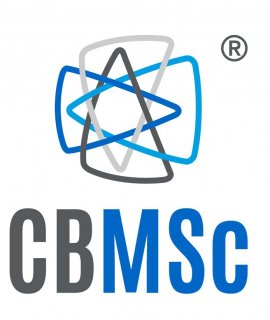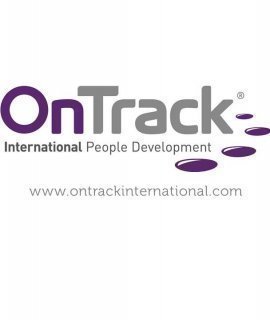6 steps to developing a high performing team
PUBLISHED: 17/01/2018
Working as part of a team can be an incredibly rewarding and motivating experience, especially when the team is highly efficient and collaborative. Accepting that challenges will arise and knowing what you are made of can help boost your own team contribution. Nothing builds self-esteem and self-confidence like accomplishment in the face of adversity.
So, how can you build and develop a high performing team?
1) Communication, Communication, Communication
Communication is something we all take for granted and a lack of understanding of how to effectively communicate as a team can cost businesses excessive amounts of time and money every year. Making sure there is a focus on team communication skills will lead to improvements in employee motivation, productivity and profitability.
There are many barriers to effective communication, ranging from not listening, making assumptions, conflicting messages, perceptions and emotional distractions - to remove and/or limit their impact will be the first step to becoming a high performing team.
Teams which communicate understand what needs to be achieved and allow themselves to support or challenge each other in equal measure. This allows a nurturing culture to develop where everyone will look out for one another and make allowances for mistakes. Constructive challenge allows individual and team growth. Agility and change ensures that projects don’t stagnate and the environment becomes one which is flexible, creative and passionate.
"The single biggest problem in communication is the illusion it has already taken place."
George Bernard Shaw
Are you more of a teller, a talker, a listener or a writer? Understanding both the preferred communication style of yourself and others will instantly drive effective communication. You will then be able to modify your behaviour to that of other people to get the best reaction out of them, and vice versa, ensuring clarity, trust and respect are present.
2) Where is the starting point? Know where you are and where you want to be
To take your team to the next level, it’s imperative to understand the inner-dynamics of how you all work together. Can you answer the following questions about your team?
- Do you know the strengths of the team so you can maintain them?
- What are the team’s limitations to improve on?
- What is the role of each person in the team and why?
- How will this team react to change?
- Where is there potential conflict in the team?
Completing a team audit will provide clarity around where your team stands, not only as a unit working together but also in the wider business. It will inspire the team to achieve more, pinpoint training needs and identify skill gaps that can be filled through upskilling and recruitment.
3) Making sense of emotional intelligence
Emotional intelligence (EI) is a powerful driver in effective team working that, if mastered correctly, can transform understanding of the team's ‘DNA’.
"Knowing others is intelligence; knowing yourself is true wisdom. Mastering others is strength; mastering yourself is true power.”
Lao Tzu
The concept of EI can be summarised as “the capacity to harmonise thought and emotion”, by which we mean an individual’s ability to understand and control their own emotions, as well as recognise and manage those of others. This requires a person to be self-aware, perceptive and able to regulate emotional responses in various situations.
If a team can consistently utilise the knowledge given by EI, they will naturally foster an attitude of loyalty and engagement, communicate effectively and can fine-tune their team-working skills to push for further success.
4) The foundation of any successful team is trust
A successful team has trust at its foundation. Without trust, teams cannot move forwards due to fear of conflict and a lack of commitment. Establishing trust between team members can take a team from a satisfactory level of performance to an outstanding set of results. Being open and honest about strengths and limitations in our workplace behaviours can generate trust between team members. An understanding of our own personality traits can illustrate how and why we behave the way we do and how we interact with other people and then make behavioural modifications if necessary.
5) Feedback is a gift
360 feedback is a peer-analysis approach to giving constructive and honest feedback, which provides your business with an objective framework for identifying performance gaps and developing self-awareness. It enables teams to gather performance feedback from their managers, colleagues, team members and customers and then compare this feedback with their own perception of their performance.
This style of feedback is essential in helping teams to recognise how their behaviour is perceived across the business. Is the team dynamic working? Or is it having a negative impact on the perception of the team across the business?
By opening your team up to feedback from others, you will receive essential feedback and recommendations that could help you to take your team from good to great.
6) Now let’s maintain it
Once you've set the foundations - maintain it! A collective commitment to making individual and team improvements, that enhance performance and capitalise on strengths, will ensure your team is constantly working together as effectively and efficiently as possible. Re-visit these commitments as often as you need to. As situations and targets change, update and reconsider what your team needs to do to keep the momentum going.
When team members work well together, there is little they cannot accomplish. Make sure you're looking at the bigger picture when it comes to your teams and increase your chances of developing a high performing team.
Comments
Be part of the conversation by adding a comments below
No comments have been added yet















_270x320.jpg)






